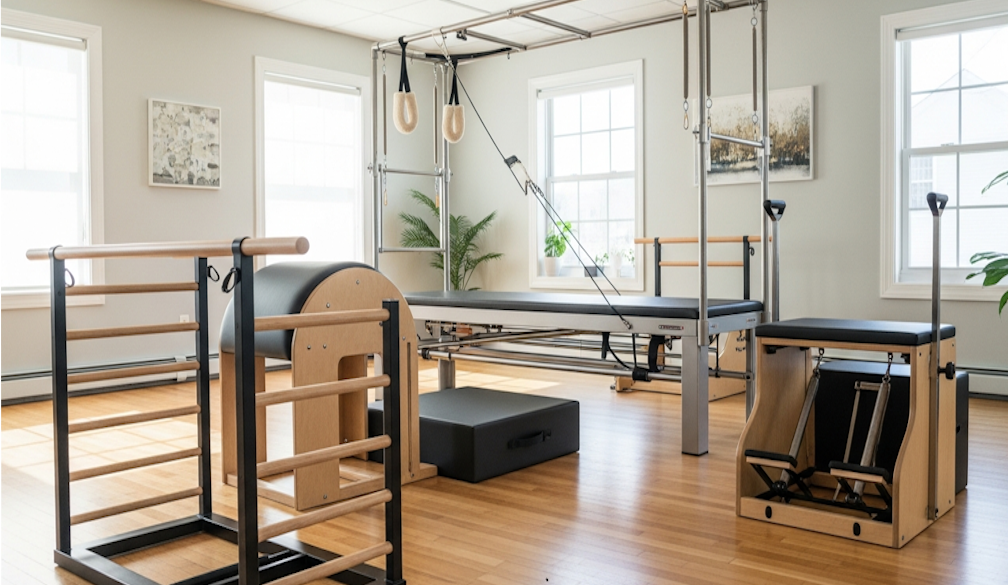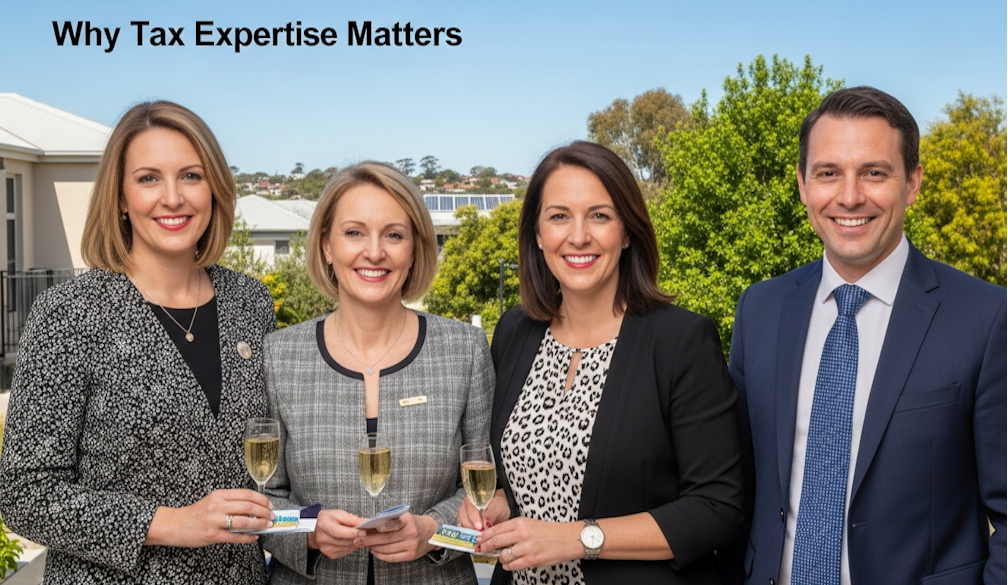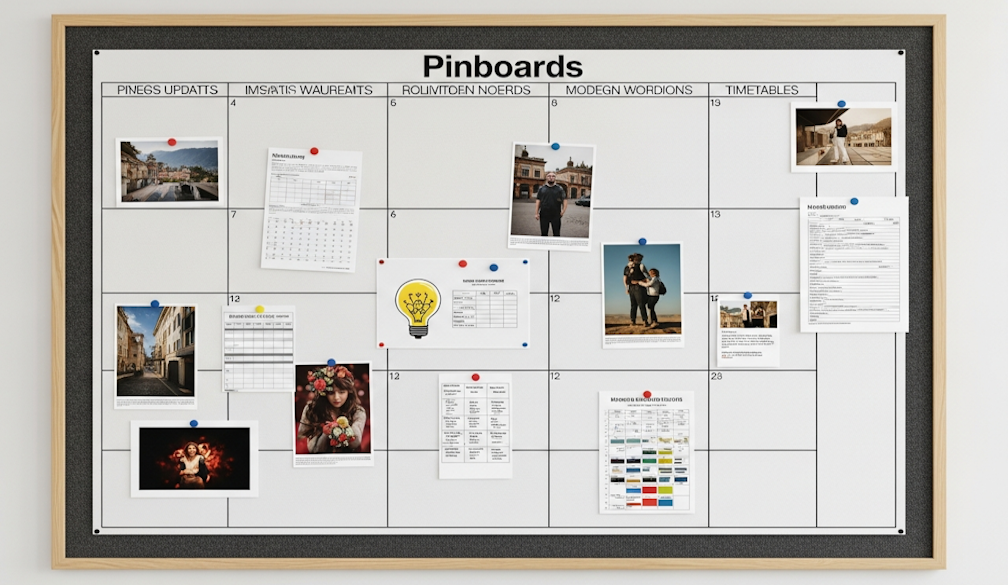Most Australian teachers feel unprepared to teach students with special needs
- Written by Jane Jarvis, Senior Lecturer in Education, Flinders University
Less than half (38%) of Australian teachers feel prepared to teach students with special needs when they finish their formal training. This is despite 74% having trained to teach in mixed-ability settings as part of their studies.
The latest Teaching and Learning International Survey (TALIS) shows teachers across the OECD felt professional development opportunities were particularly inadequate for teaching students with special needs.
Students with special needs are students for whom a learning need has been formally identified due to cognitive, physical or emotional difficulties.
According to the TALIS report, nearly 30% of teachers in Australia work in classes where at least 10% of students have special needs. The report adds to a body of research suggesting teachers feel unprepared to teach students with special needs in mixed-ability classrooms.
So, how can we better prepare and support teachers for the reality of diverse Australian classrooms? Investing in high-quality pathways to qualification for special education teachers, and expecting every Australian school to employ at least one specialist teacher to support teachers and students, would be a worthwhile place to start.
Better teacher preparation to begin with
Depending on the data source, between 8% and 20% of school-age children have identified disabilities or special educational needs.
Teachers are expected to design learning experiences for students of all abilities and support students with disabilities to participate in learning. This is set out in a national set of professional standards, introduced in 2011, that guide the program content for initial teacher qualifications.
But some critics believe the standards don’t go far enough in relation to teaching students with special needs. Typically, teacher education programs include a semester unit related to teaching students with special needs.
Traditionally, the content was taught “categorically”, meaning lecturers provided introductory information about multiple categories of special need. Contemporary units have shifted away from the categorical model, recognising that teaching in diverse classrooms is more complex than just responding to one individual need at a time.
But while a semester unit can focus on key concepts and practices, these need to be reinforced throughout the program. In fact, given the nature of today’s classrooms, they should be at the heart of the program. Preservice teachers need support to understand evidence-based inclusive practices, address common concerns and misconceptions about inclusion, and apply strategies in practice.
 One semester of a specialist education program won’t be enough for teachers to feel confident teaching students with special needs.
Sarah Shaffer/Unsplash
One semester of a specialist education program won’t be enough for teachers to feel confident teaching students with special needs.
Sarah Shaffer/Unsplash
Even with excellent preservice education, a graduating teacher, by definition, is inexperienced. Teaching students with special needs requires skills that develop with time and ongoing support.
Yet, only 37% of early career teachers (those in their first five years of practice) in the survey said they work with an assigned mentor.
Employ qualified specialist teachers
In the TALIS report, almost one in five principals reported the quality of their school’s inclusive education was hindered by a shortage of teachers who were competent in teaching students with special needs.
Not every school is required to employ qualified special education teachers. And the percentage of schools with at least one qualified special education teacher is not known.
One study found even when schools advertise for a special education teacher or coordinator, they often fail to list formal special education qualifications among the selection criteria. And less than one-third explicitly call for special education experience.
Further, there is no nationally recognised pathway to qualification as a special education teacher in Australia. Special education is not a recognised area of specialisation in the standards that guide accreditation of teacher education programs.
This makes it difficult to design specialist undergraduate degrees. At the same time, there is no financial incentive for teachers to do postgraduate qualifications. Under these conditions, it is hard to see how the shortage of qualified specialist teachers will be addressed.
Countries including the US and the UK have developed national, professional standards detailing essential knowledge and skills for special education teachers. These have been formally adopted and guide the content of accredited teacher education programs.
Both countries have clear regulations about qualifications and/or licensure for employment as a special education teacher or coordinator (in the US, these are supported by legislation).
Australia is lagging behind in these key areas, despite calls from researchers and professional associations.
Quality professional development
The TALIS report shows teachers prefer professional development opportunities in which they collaborate with colleagues, such as through peer learning or coaching. Attending one-off workshops remains the most common option for professional development (reported by 93% of teachers), despite the lack of evidence for its effectiveness.
There are promising national efforts to improve induction, mentoring and professional development for teachers.
But the content of professional development also matters. Mentors should understand and be able to support evidence-based inclusive practices. Professional development should also be facilitated by those with expert knowledge. And teachers need ongoing access to information, advice and support in their daily work.
Professional development for inclusive practice can be effective when it:
- actively engages teachers over extended periods
- has clear links to student learning in local contexts
- allows teachers to learn together as part of communities of practice
- is supported by strong school leadership.
Preparing teachers who feel confident to teach students with special needs is essential to having inclusive schools as part of an inclusive society. We shouldn’t underestimate the challenge of teaching for a very broad range of students. Equally, we shouldn’t underestimate the capacity of good teachers to do so, given the right support.
Authors: Jane Jarvis, Senior Lecturer in Education, Flinders University



















